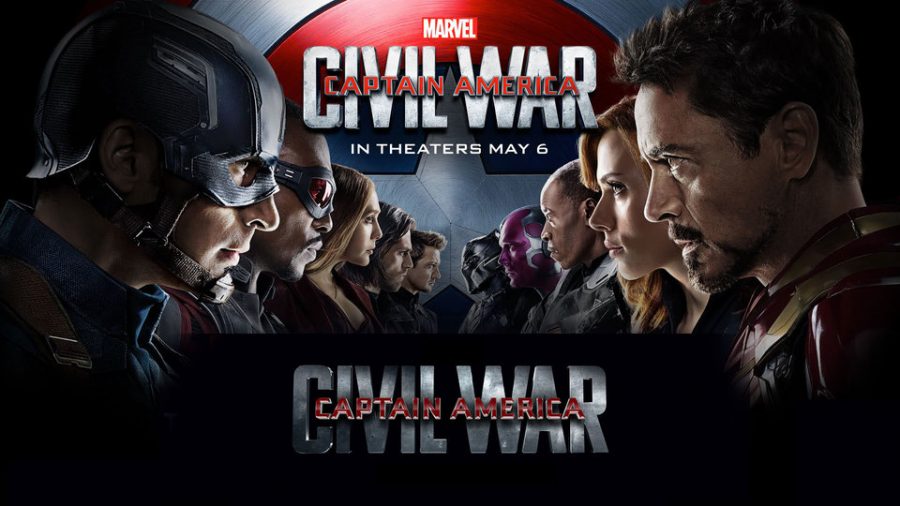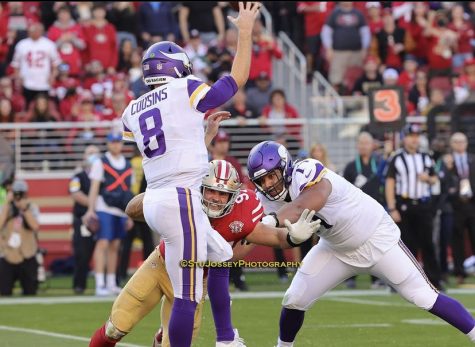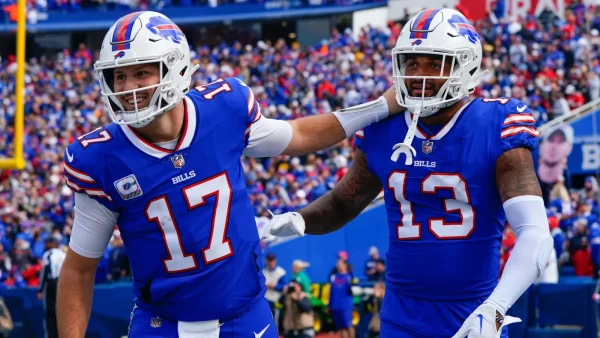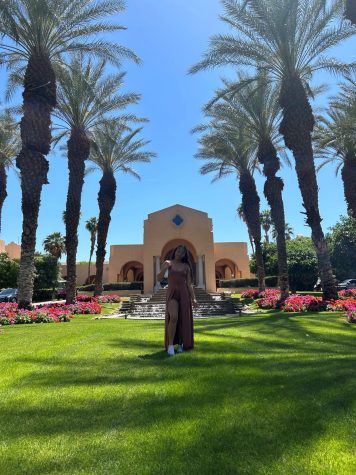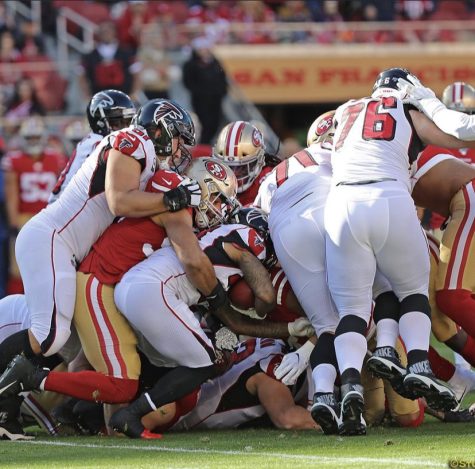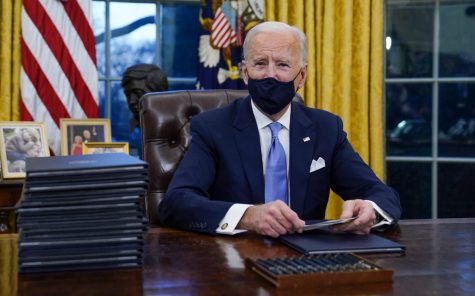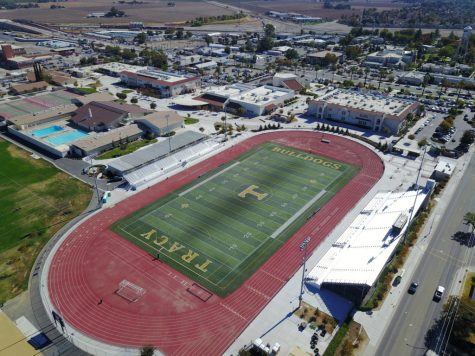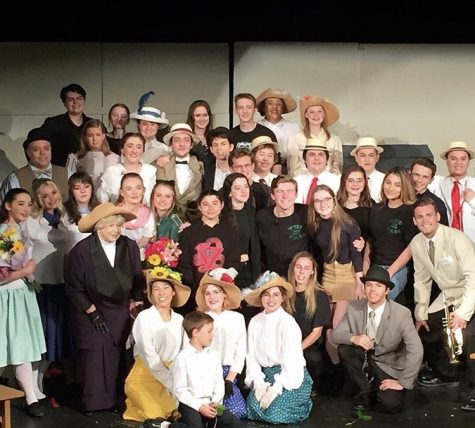‘Captain America: Civil War’ creates high tension among Avengers
May 20, 2016
“Captain America: Civil War” is the 13th film to be produced by Marvel Universe, and is a follow-up of the two previous “Captain America” films.
Already grossing approximately $800 million, the film clearly surpassed viewers’ expectations—especially mine.
Without giving too much away, the film starred multiple of the original Avengers, as well as a few familiar faces, though not part of the Avengers’ team until now. Chris Evans played the lead role as Steve Rogers (aka Captain America), alongside Robert Downey, Jr., who starred as the infamous Tony Stark. Black Widow (Scarlett Johannson), Bucky Barnes (Sebastian Stan) from “Captain America: Winter Soldier”, James Rhodes (Don Cheadle), and Falcon (Anthony Mackie) also played significant roles throughout.
The film began with a flashback, featuring vague details of a mission Bucky Barnes was sent on by terrorist organization Hydra, to intercept super-soldier serum from an unidentified victim.
Flash-forward, the Avengers are faced with an outraged society after they accidentally kill innocent people during an enemy attack in Wakanda. The people of the world have decided that the Avengers have pushed their heroic limits into reckless, almost-criminal territory.
When the United Nations decides to prepare and pass the Sokovia Accords, an agreement allowing the UN to control the Avengers to avoid excess harm, the Avengers find themselves split among one another.
Tony Stark and Steve Rogers lead opposing sides. Stark stands in support of the Accords, as he feels responsible for the destruction in Sokovia, and doesn’t believe anyone else deserves to be innocently killed. Rogers, however, is against the idea of government oversight, being more faithful in his own morals and actions than a higher power.
A new face, Black Panther (Chadwick Boseman) shows up when his father, King T’Chaka of Wakanda, is killed during a bombing, just when the Accords were to be ratified at a conference.
Barnes is brought into the mix once again when footage of the bomber shows a vague image of the Winter Soldier. Throughout a majority of the remainder of the film, Barnes is depicted as the villain out to get the Avengers and anyone innocent that stands in his way. However, Steve Rogers has too much faith in old friend Barnes to move to quick assumptions, and protects him until he can discover the truth behind the bombing, as well as what becomes a clear ploy by an external villain to tear the Avengers apart.
The film was packed with fight scenes, of course. But watching characters, who were once allies and friends, fight as enemies, made for a new kind of high tension. Characters’ true colors shown through as each side drifted farther and farther away from their loyalty to one another.
Though “Civil War” consisted of a lot of intense scenes, there were some moments when things were lightened up. Marvel movies are known for their well-received comedy anyway.
A feeling of conflicted nostalgia waved through me when a very young Peter Parker, or Spider Man, played by a very unfamiliar Tom Holland, showed up. Recruited by Tony Stark in the midst of hope and a need for more hands on Stark’s side, Spider Man added a touch of fun, sassy innocence as he found a place among the more experienced super heroes.
Another Marvel character, Ant Man (Paul Rudd) also showed up, recruited by Captain America. His witty sarcasm and unique super hero ability of shrinking in size also threw in more light humor among a long fight scene between the two new teams.
Overall, the movie did not disappoint in any aspect. The pacing of the film was excellent, as hints here and there of various plot components were revealed at all the right moments, reeling me in with interest rather than boring me with confusion.
Like in all other Marvel films, the soundtrack, scored by Henry Jackman, was just the right fit. It was mostly orchestral, intense scores throughout, emphasizing the major conflict of the plot, and the struggles of individual characters.
The plot proved to be the least cartoonish despite its deriving from comics; the split among teammates is what made it all much more mature and intense. The script remained true to each characters’ well-known persona as well, which is something that surely comic-readers hoped for.
“Captain America: Civil War” effortlessly succeeded. I left feeling like I was much more involved with the storyline and the characters, and a feeling of a whole new excitement; the ending of the film left the tension lowered, but the split of the Avengers unresolved. The following Marvel movie is without a doubt going to unpredictable, but whether or not it will surpass the content of “Civil War” is just as unpredictable as what will happen next in the Marvel Universe.

